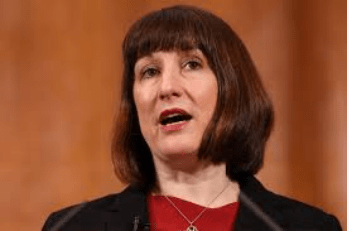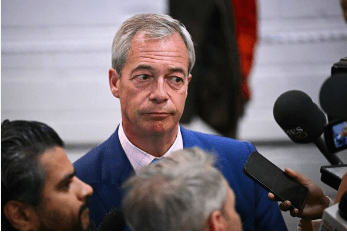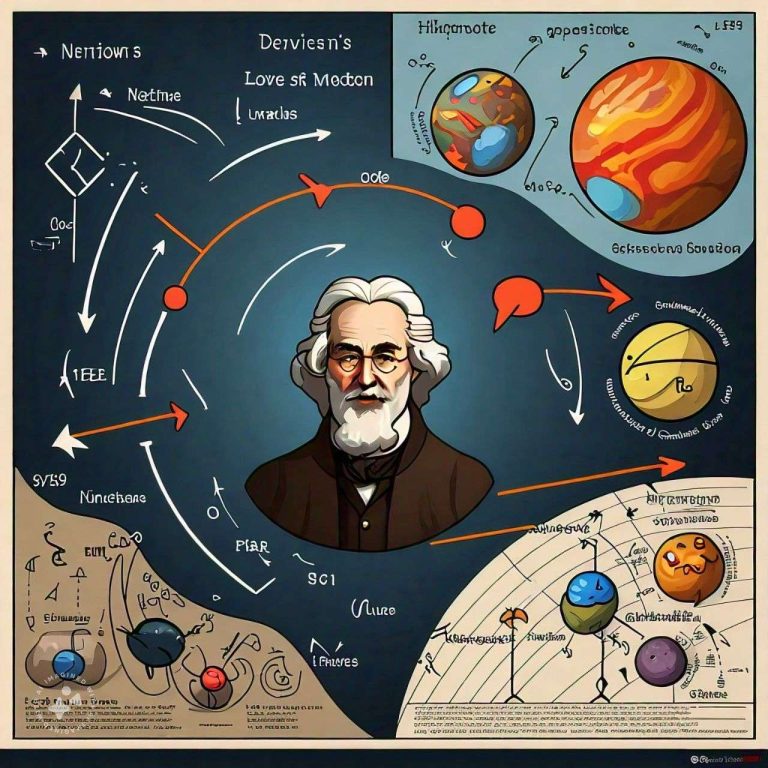Introduction:
Former British tennis player and current BBC pundit Andrew Castle has had multiple significant meetings with Australian tennis star Nick Kyrgios, noted for his fiery temperament and inflammatory outbursts.
The BBC Issued An Apology:
One of the most well-known occurrences happened during Wimbledon in 2022. During a game, Kyrgios and Castle got into a furious argument. During his match commentary, Castle discussed Kyrgios’s on-court antics, which included tantrums and altercations with the umpire. In a post-match news conference, Kyrgios—who is renowning for his direct and frequently confrontational style—retaliated by criticizing Castle, calling his remarks unfair and biased. The BBC apologized to Kyrgios after the event got out of hand. They were eecognizing that the commentary could have appeared overly critical and insufficiently impartial.
The Conflict on TV:
There was even more hostility between Kyrgios and Castle. They remained at odds with each other in later competitions. Kyrgios confronted Castle head-on during a different live broadcast, challenging his qualifications and comprehension of the demands placed on today’s players. Although Castle tried to defuse the situation while acting professionally, the interaction brought attention to the ongoing hostility between the commentator and the player. This confrontation became a topic of discussion in the tennis world, highlighting the larger problem of how comments made by commentators can affect the public’s opinion of players.
Djokovic vs Dig Alcaraz:
The controversy-stoking Kyrgios is not limited to his dealings with Castle. He gained notoriety in 2023 Wimbledon by making jokes about Carlos Alcaraz and Novak Djokovic. In a tweet, Kyrgios criticized the media for portraying Alcaraz as the “next big thing” in tennis, saying the comparisons were inappropriate and disrespectful of well-known players like Djokovic. He contended that the media should exercise caution when extolling the virtues of young players too soon in their careers and that Djokovic’s accomplishments and consistency merited greater acknowledgment.
Tennis enthusiasts and commentators disagreed that the media frequently puts too much pressure on young players, while others thought Kyrgios’ comments were unduly disparaging of Alcaraz’s ability. This comment prompted a controversy among these groups.
Nick Kyrgios’s Complicated Media Relationship:
Kyrgios’ complicated relationship with the media is see in his remarks regarding the Djokovic-Alcaraz parallel and his past interactions with Andrew Castle. He is a controversial character on the one hand because of his openness to question conventional wisdom and his outspoken attitude. However, he has a sizable fan base thanks to his skill and charm, and his criticisms frequently highlight real problems in the sport, such as the strains players’ mental health puts on them and media has influence on public opinion.
Conclusion:
To sum up, Nick Kyrgios’s encounters with Andrew Castle and his remarks regarding the Djokovic-Alcaraz analogy highlight his controversial but influential status in the tennis community. Even if his actions occasionally come across as hostile, They also highlight the more general difficulties and dynamics that exist in media coverage and commenting on professional sports.










